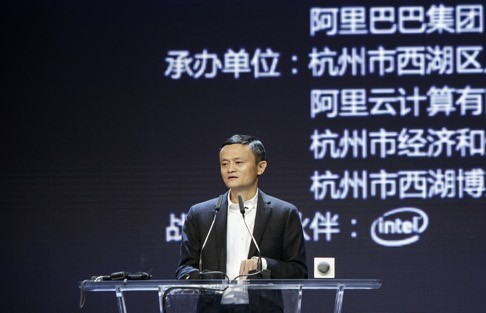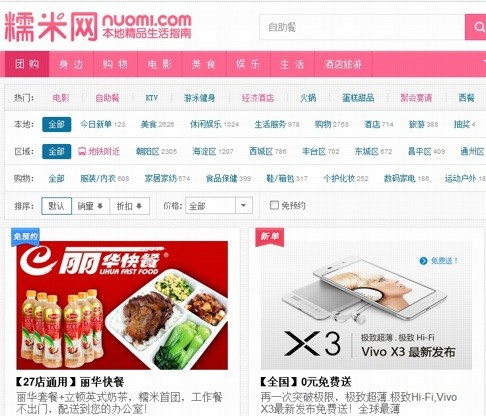
Baidu joins fellow Chinese internet giant Alibaba in hiring freeze amid economic slowdown
Companies claim they have grown ‘too fast’ in last few years but will stay focused on attracting and retaining top talent
Chinese search giant Baidu announced in an internal memo on Tuesday that the company will undergo a temporary hiring freeze due to its “current business situation”.
The freeze was announced via an email sent by Baidu’s vice president of human resources Liu Hui, who also indicated that any exceptions to the new policy would have to be approved by Liu and Baidu CEO Robin Li.
“We have grown very quickly over the past few years, and headcount additions are going to be moderate,” confirmed a Baidu spokesperson.
“Our focus on attracting and retaining top talent is very much intact.”
According to Baidu, the hiring suspension will not apply to campus recruitment activities.
The company’s stock price slid 2.3 per cent on Wednesday following the announcement.
But Baidu is not the only major Chinese internet company to put the brakes on hiring.

In April, e-commerce powerhouse Alibaba also said it was suspending recruitment for the rest of the year, with chairman Jack Ma saying that the company had grown “too quickly”.
Such cost-cutting measures come amid a continued Chinese economic slowdown after decades of rampant growth.
“China’s macroeconomy is on a downturn, so it is reasonable for companies like Baidu and Alibaba to save on spending,” said Marie Sun, a senior equity analyst at Morningsun.
In June, Baidu said it would invest 20 billion yuan (US$3.2 billion) into its group-buying site Nuomi over the next three years in an effort to ramp up its business in the online-to-offline (O2O) space.
But the search engine giant is also facing a fresh threat to its O2O business from a new venture by Alibaba and gaming and social titan Tencent, which was announced earlier this month.

The two companies have banded together on the merger of group-buying website Meituan, partly owned by Alibaba, and Tencent-backed restaurant review site Dianping in a US$15 billion tie-up to become China’s largest O2O services provider.
As a combined unit, Meituan and Dianping control 80 per cent of China’s O2O market.
“Competition will be tough. Baidu’s Nuomi is not as big as it wants to be in the [O2O] market,” said Sun.
“The thing with group-buying in China is that consumers don’t have the loyalty to stick to a certain platform,” she added.
“It is possible for Nuomi to gain more market share, but they will have to spend a lot of money,” she added.
While Baidu’s investments in its O2O operations are generally expected to see its operating margins improve from next spring, Sun said more time may be needed.
“It isn’t easy to estimate when such heavy spending will pay off,” she said.
Baidu is expected to announce its third quarter results next Thursday.

